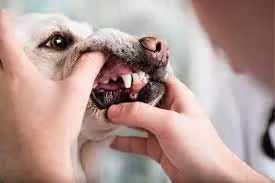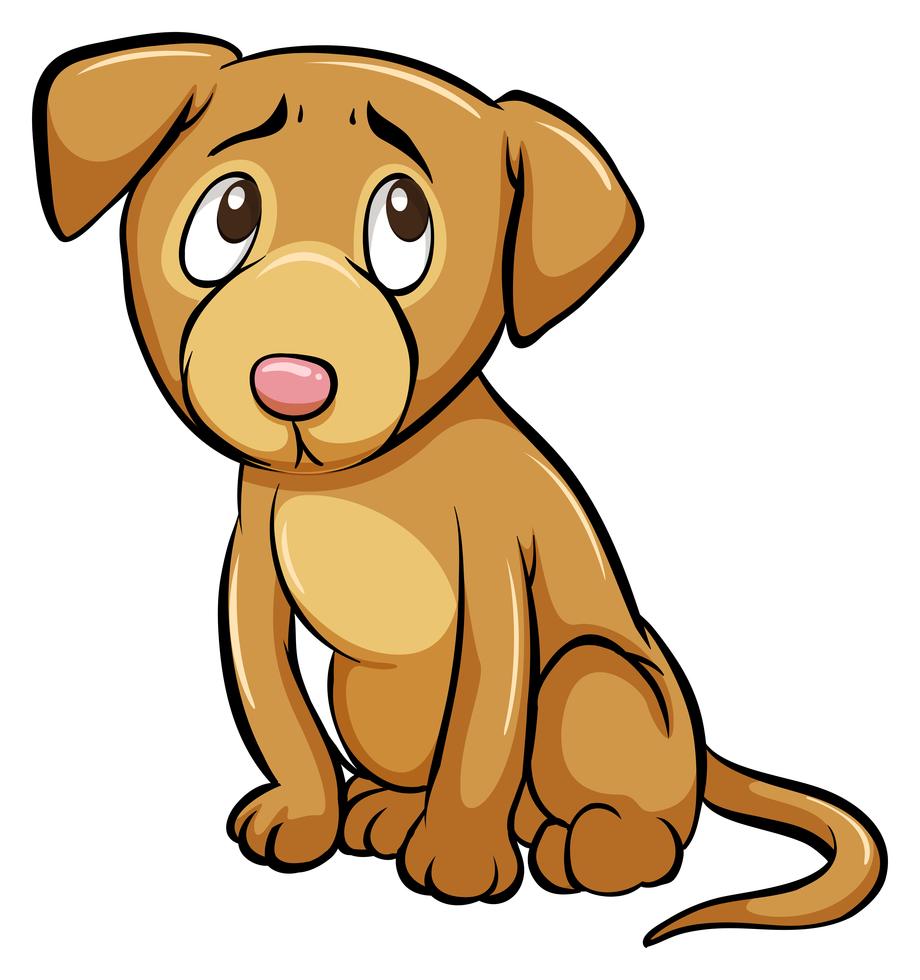Comprehensive Dental Care for Your Canine Companion

Features Editor: Ravi Teja Mandapaka
Introduction:
Regular dental care is essential for dogs' overall health but is often neglected, leading to bad breath. However, dental issues in dogs can lead to severe problems, including periodontal disease, oral pain, and tooth loss, with the potential to affect other parts of the body, such as the heart and kidneys. This guide provides valuable insights into maintaining your dog's oral health and preventing dental problems.
The Importance of Dental Hygiene for Dogs:
Your dog's dental hygiene is crucial for their overall well-being, like proper nutrition, exercise, and grooming. Failing to maintain your dog's dental care can lead to several health issues, making it necessary to establish a dental care routine early in your dog's life and consistently follow it.
Preparing to Care for Your Dog's Teeth:
To ensure your dog's dental health, early detection of problems is crucial. Regularly inspecting your dog's teeth and watching for signs of issues is essential. Routine veterinary checkups are also an integral part of maintaining your dog's oral health.
Signs of Dental Problems:
Watch for the following signs that may indicate dental issues in your dog:
- Halitosis (bad breath)
- Reluctance to chew or crying out when chewing
- Increased salivation
- Red, puffy, or bleeding gums
- Tartar (calculus), a brown or yellow coating on teeth caused by plaque
- Missing and/or loose teeth
Taking Care of Your Dog's Teeth:
1. Brush Your Dog's Teeth:
Tooth brushing is the most effective preventive measure for oral hygiene. Ideally, it should be done daily, starting when your dog is a puppy, to acclimate them to the process. Use specially designed dog toothbrushes and toothpaste for maximum effectiveness.
2. Go Beyond Brushing:
If daily brushing isn't possible, consider alternative options like special dental chews or food/water additives. Consult your vet for product recommendations, as not all are equally effective. Dental chews should be easily digestible and given daily, while food additives are also used daily.
3. Get Regular Checkups:
Routine veterinary examinations, occurring every six to twelve months during wellness checkups, include a thorough look at your dog's teeth. Even with proper home oral hygiene, professional dental cleanings may be necessary, especially as your dog ages and becomes more susceptible to periodontal disease.
Preventing Tooth Issues:
- Occasionally, your vet may recommend a professional dental cleaning, which usually requires general anesthesia. This procedure involves a thorough examination of your dog's teeth, scaling, and polishing to prevent the buildup of tartar.
- Avoid relying solely on dog groomers for dental cleanings, as deep cleaning under the gumline usually requires general anesthesia.
- In periodontal disease or severe dental problems, tooth extraction or referral to an oral surgeon may be necessary.
- Some dogs may need dental cleanings more frequently than others, so it's crucial to follow your vet's recommendations.
Conclusion:
Maintaining your dog's dental health is a fundamental aspect of responsible pet ownership. By implementing a consistent dental care routine and paying attention to signs of dental problems, you can help ensure your canine companion enjoys a happy and healthy life, free from the discomfort of dental issues.
__________________________________________
About Author
Ravi Teja Mandapaka is a multifaceted scholar, poet, and passionate advocate for animals. From English literature to agricultural sciences, from field hockey to music and the arts, Ravi's diverse interests converge in his unwavering commitment to animal welfare. He believes in a journey where compassion meets creativity, and academia blends with advocacy.



